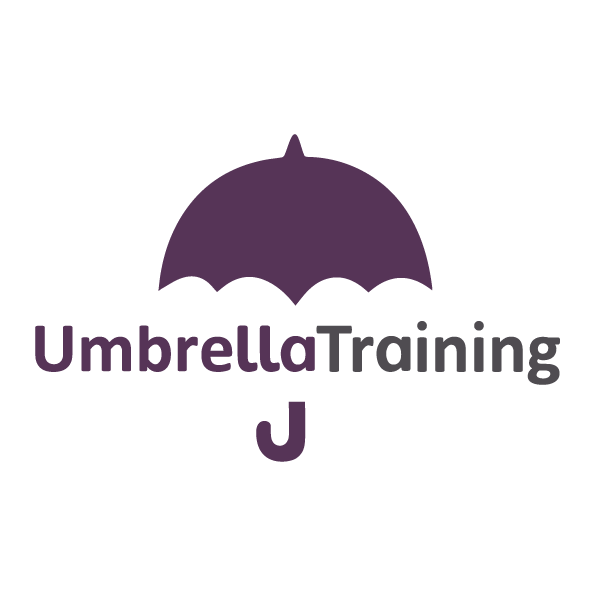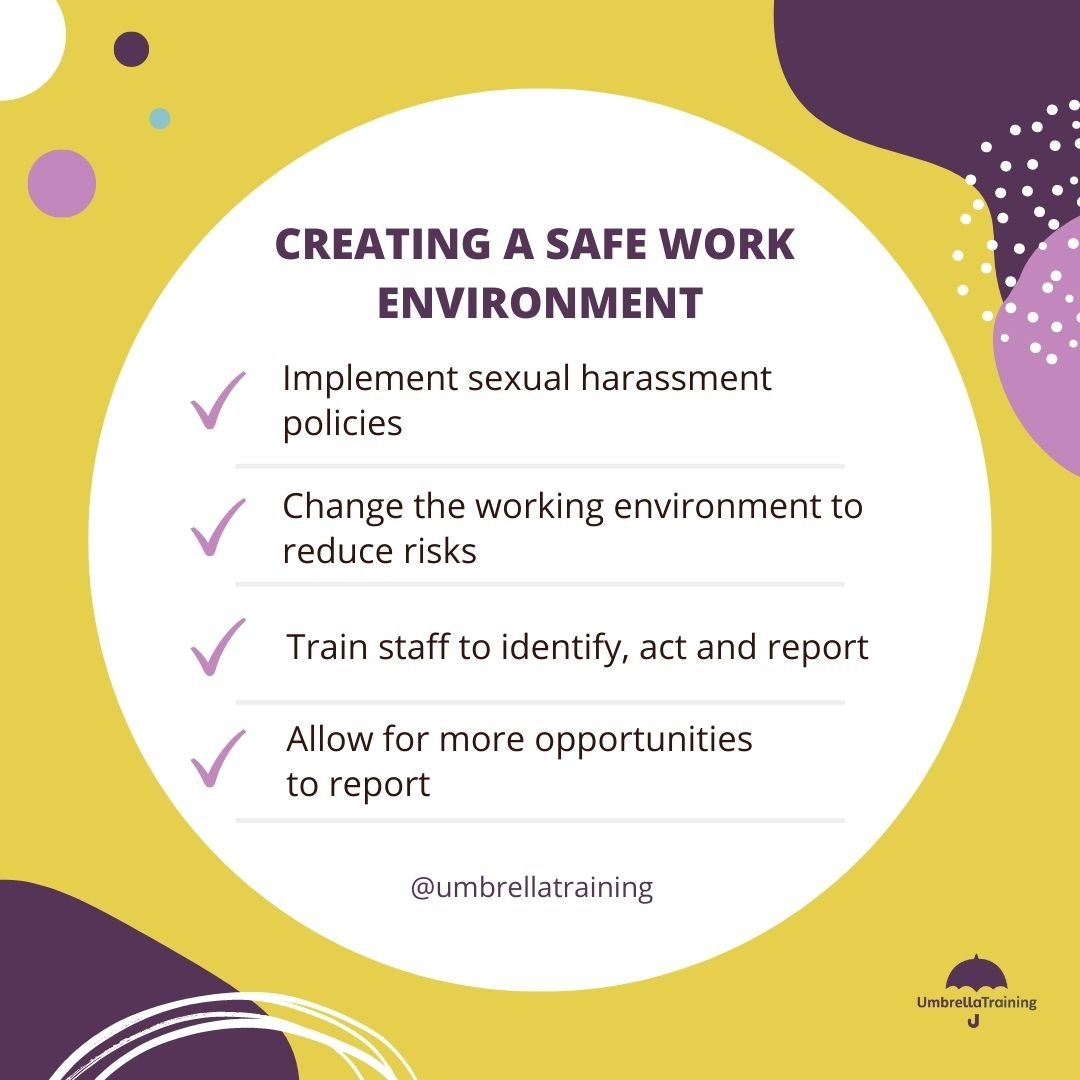Sexual Harassment in Hospitality - How To Create A Safe Space
The hospitality industry plays a vital role in creating memorable experiences for guests. From luxurious hotels to bustling restaurants, this sector thrives on providing exceptional service. However, behind the scenes, there is a pervasive issue that needs urgent attention: sexual harassment. The Guardian discovered that ‘workers in the hospitality industry found that 89% said they had experienced one or more incidents of sexual harassment in their working life’[1]. It is crucial to shed light on this problem and explore the steps that can be taken to safeguard employees and foster a safe and inclusive work environment.
Understanding Sexual Harassment in Hospitality
Sexual harassment refers to unwelcome behaviour of a sexual nature that creates an intimidating, hostile, or offensive environment for employees. The hospitality industry, unfortunately, is not immune to this pervasive issue. From servers to housekeepers, employees at various levels face the risk of encountering inappropriate comments, unwanted advances, or even assault. Such experiences can have severe emotional, psychological, and professional repercussions, impacting both the individuals and the overall work environment.
The Impact on Employees
The effects of sexual harassment on employees are far-reaching. Victims often experience fear, anxiety, and stress, leading to decreased job satisfaction, low morale, and a decline in performance. In some cases, victims may even contemplate leaving the industry altogether, resulting in a loss of talent and expertise. The toxic environment created by harassment not only harms the individuals directly affected but also negatively impacts the teamwork and overall productivity of the establishment.
Creating a Safe and Inclusive Workplace Checklists
Addressing sexual harassment in the hospitality industry requires a multifaceted approach involving all staff members. Here are some key steps that can be taken to safeguard employees and foster a safe and inclusive work environment:
Implement comprehensive policies: Establish clear and robust policies against sexual harassment, outlining what constitutes unacceptable behaviour, and the consequences for offenders. Ensure that these policies are communicated to all employees and are regularly reviewed and updated as needed.
Make sure people who have control over junior staff don’t abuse it
Ask managers to reiterate a zero-tolerance approach to sexual harassment
Put posters up to spread awareness that your organisation will not tolerate sexual harassment
Review any previous incidents and think about how to stop them from happening again
Changing the working environment: Senior staff who control incentives and shifts of junior employees might open the opportunity for sexual harassment. Suggested actions to reduce this risk:
Assign more than one person to rota planning
Reduce the chance of employees working alone or in dark spaces
Look at bookings and assign more than one staff member for large groups of people
Ensure staff have more than one other team member they can trust with issues
Training and education: Provide comprehensive training sessions for all staff members, emphasising awareness, prevention, and reporting procedures. Equip employees with the knowledge and skills to recognize and respond to incidents of sexual harassment effectively.
Make sure the rota includes staff that are responsible for dealing with sexual harassment incidences and that they know the policies and processes
Give staff training for intervening safely if they see an incident
Encourage reporting: Create a culture that encourages employees to report incidents of sexual harassment without fear of retaliation. Establish multiple channels for reporting, including anonymous reporting options, and ensure that complaints are taken seriously and handled promptly and confidentially.
Ask staff if they ever feel vulnerable or in a dangerous situation while at work
Keep an eye on younger or non-native speakers staff members who may be more vulnerable
Make sure there is more than one person everyone can report to, a manager, HR representative or a trade union.
Provide the opportunity for staff to report anonymously
Use a monitoring log to keep track of cases
If complaints are ignored by the manager, HR representative or trade union it’s essential for employees to know what to do.
Keep a record: Including dates, times and details of what happened, as well as any relevant emails. These could be helpful if you decide to report it.
Get help: Victim Support operates a free and confidential 24/7 helpline and live chat service. Call 0808 16 89 111 or use the live chat at: victimsupport.org.uk/live-chat.
Call the police: If sexual harassment escalates into violence, threats or sexual assault, you should report this to the police by calling 101. If you are in danger, call 999.
Accountability and disciplinary action: Establish a robust process for investigating complaints and ensure that appropriate disciplinary actions are taken against offenders. Holding individuals accountable for their actions sends a strong message that sexual harassment will not be tolerated.
Make sure all staff are aware of the process for what do to if a customer harasses a member of staff (warnings, removal, banning)
Share all incidences of sexual harassment with your HR team
Support systems: Offer support systems for victims, such as access to counselling services, employee assistance programs, or designated contacts who can provide guidance and assistance. Demonstrating empathy and support to victims helps them navigate the difficult aftermath of harassment.
Collaboration with industry organisations: Engage with industry organisations, such as hospitality associations or unions, to collaborate on addressing sexual harassment. Sharing best practices, resources, and experiences can help the industry create safer workplaces.
Addressing sexual harassment in the hospitality industry is essential for creating a safe and inclusive work environment. By implementing comprehensive policies, providing training and support, and fostering a culture of accountability, the industry can take significant steps towards eradicating this pervasive issue. Empowering employees to speak out and actively working to prevent sexual harassment will not only protect the well-being of individuals but also contribute to a more positive and productive hospitality industry as a whole. Together, we can build a future where every employee feels safe, respected, and valued.






